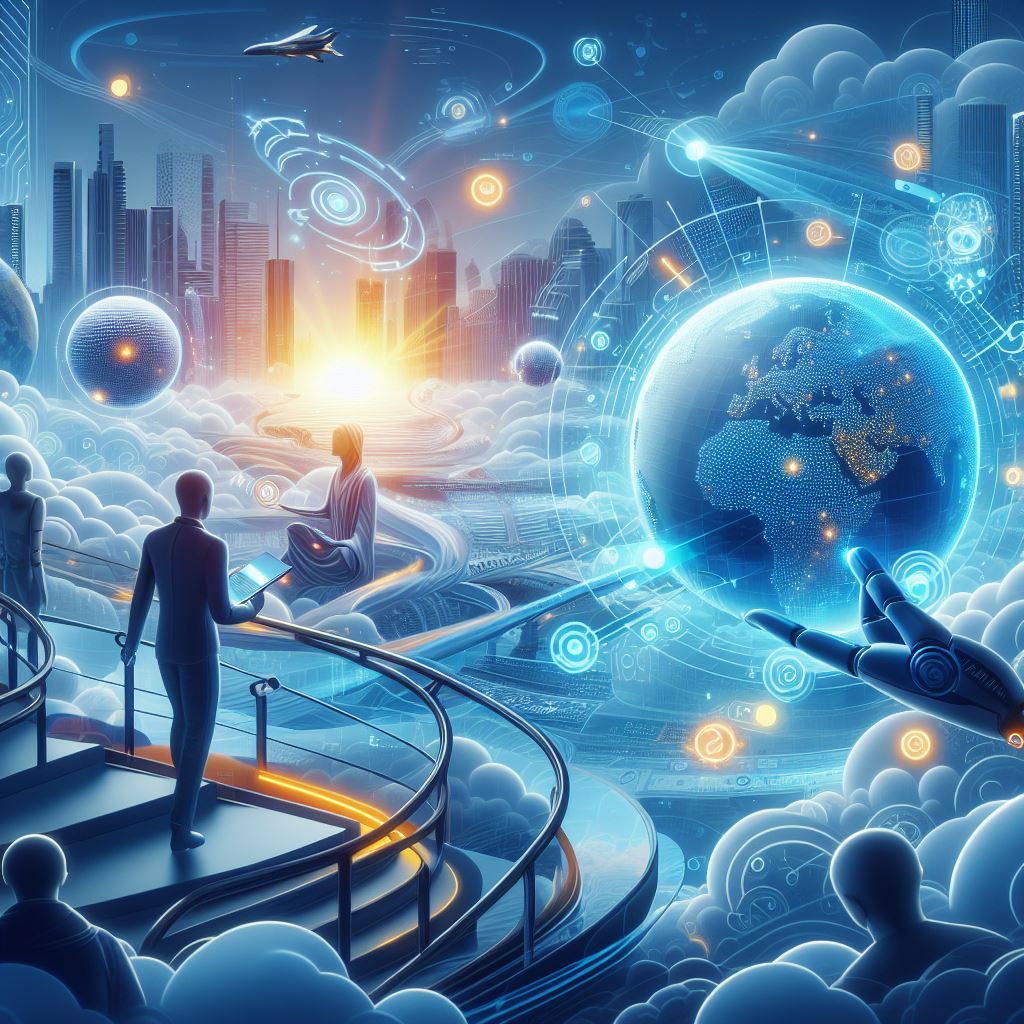
AI: Augmentation or Diminishment of Human Intelligence?
In today’s digital age, the pervasive presence of artificial intelligence (AI) raises a crucial question: is our reliance on AI technology making us intellectually dull? The rise of AI has undoubtedly transformed various aspects of our lives, offering convenience, efficiency, and innovation. However, amidst this technological revolution, concerns have emerged regarding its impact on critical thinking—the ability to analyze, evaluate, and form reasoned judgments.
The Risk of Over-Reliance on AI
On one hand, proponents argue that AI augments human intelligence, streamlining processes, and providing access to vast amounts of information. AI-powered tools aid in problem-solving, automate mundane tasks, and offer personalized recommendations based on individual preferences. Moreover, AI-driven algorithms enable predictive analytics, enhancing decision-making in various fields, from healthcare to finance.
Conversely, critics raise valid concerns about the potential adverse effects of AI on critical thinking skills. The convenience of AI often leads to over-reliance, diminishing individuals’ motivation to engage in analytical thinking. As AI algorithms curate personalized content, there’s a risk of creating filter bubbles, limiting exposure to diverse perspectives and hindering the development of well-rounded viewpoints.
The Challenge of Misinformation in the AI Era
Furthermore, the prevalence of AI-generated content, such as deepfakes and algorithmically curated news feeds, blurs the line between fact and fiction, challenging individuals’ ability to discern truth from misinformation. This erosion of critical thinking can have far-reaching consequences, affecting societal discourse, democratic processes, and individual autonomy.
AI in Education: Enhancing or Undermining Critical Thinking?
In education, the integration of AI technologies raises questions about the role of traditional pedagogy in fostering critical thinking skills. While AI-powered tutoring systems offer personalized learning experiences, there’s a concern that they may prioritize rote memorization over conceptual understanding. Moreover, reliance on AI for grading assessments could limit students’ opportunities for constructive feedback and self-reflection.
Navigating the AI-Driven Workforce
Beyond education, the influence of AI extends to the workforce, where automation threatens to displace certain jobs while creating new opportunities. However, as AI assumes routine tasks, there’s a growing need for individuals with strong critical thinking skills to navigate complex ethical, social, and economic implications. Without a robust foundation in critical thinking, individuals may struggle to adapt to rapidly evolving industries and societal challenges.
Cultivating Critical Thinking Skills in the Digital Age
To address these concerns, it’s imperative to prioritize the cultivation of critical thinking skills alongside the advancement of AI technologies. Educational institutions must adapt their curricula to emphasize analytical reasoning, problem-solving, and information literacy. Encouraging interdisciplinary learning and fostering a culture of inquiry can empower individuals to navigate the digital landscape with discernment and skepticism.
Promoting Media Literacy and Digital Citizenship
Moreover, initiatives aimed at promoting media literacy and digital citizenship are essential in equipping individuals with the tools to critically evaluate information in an AI-driven world. By teaching individuals to identify biases, assess credibility, and engage in constructive dialogue, we can mitigate the negative effects of AI on critical thinking and promote informed decision-making.
Balancing AI Advancements with Human Cognition
In conclusion, the proliferation of AI presents both opportunities and challenges for critical thinking in modern society. While AI technologies offer unprecedented capabilities, they also pose risks to intellectual autonomy and analytical reasoning. By fostering a symbiotic relationship between AI and human cognition, we can harness the benefits of technology while preserving the essence of critical thinking in an increasingly automated world.

